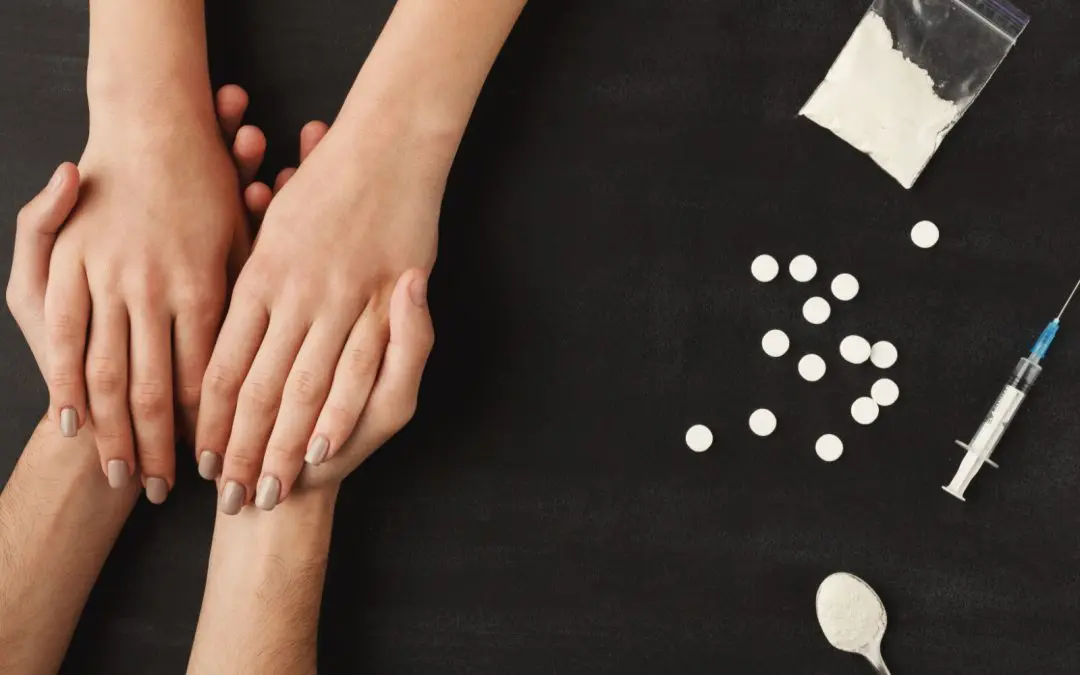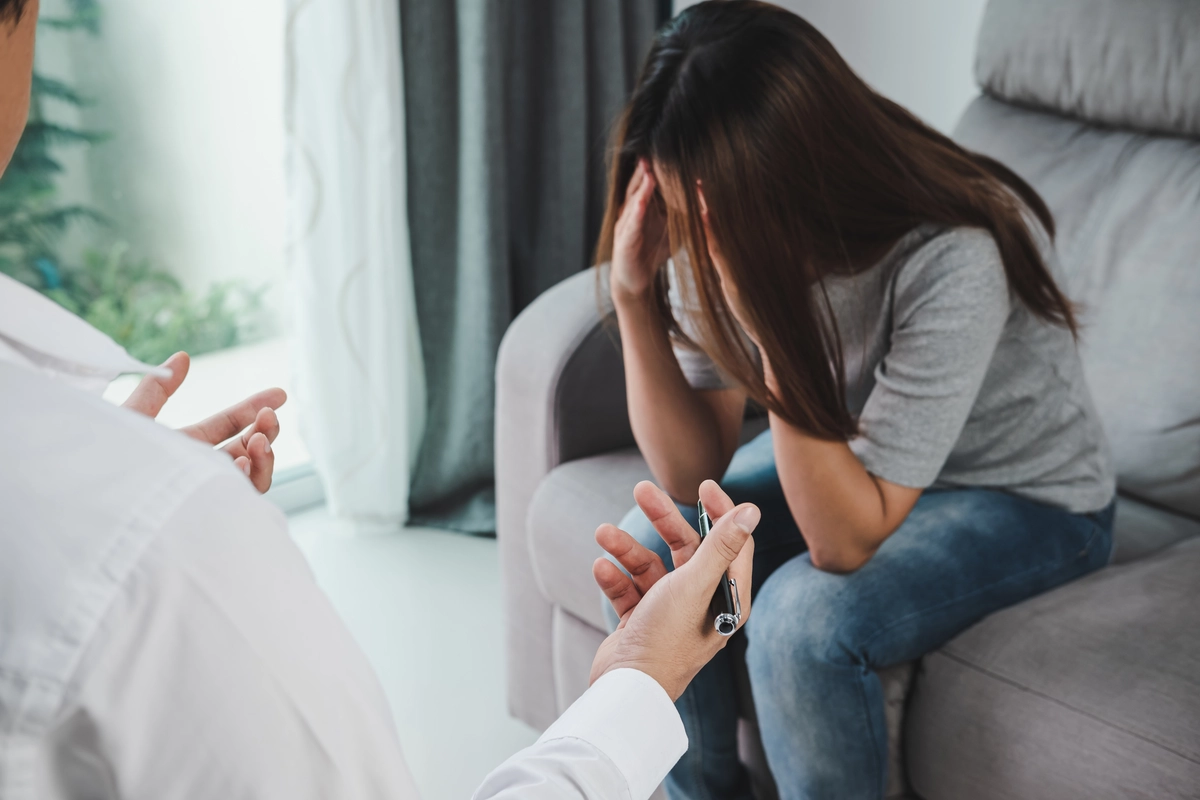plays a crucial role in addressing the psychological and emotional challenges faced by individuals experiencing Post-Traumatic Stress Disorder (PTSD). PTSD can stem from various incidents, including military combat, accidents, natural disasters, and personal traumas, affecting millions across the United States. Rehab centers for PTSD Treatment in Fancy Gap focus specifically on these cases, providing tailored therapeutic solutions designed to help individuals regain a sense of normalcy in their lives. The treatment approaches typically encompass evidence-based therapies, such as Cognitive Behavioral Therapy (CBT) and Eye Movement Desensitization and Reprocessing (EMDR), which have proven effective in alleviating symptoms. Moreover, the importance of these rehab centers cannot be understated; they offer a supportive environment where patients can confront their traumas in a safe, judgment-free space while benefiting from the guidance of trained professionals. Historically, the rise of PTSD recognition in the medical community has ensured that dedicated rehab centers emerged in Fancy Gap, changing countless lives and facilitating recovery processes. As part of the larger mental health landscape in the U.S., these centers not only provide clinical care but also foster community awareness, aiding in the normalization of seeking help for mental health issues. By choosing rehab centers for PTSD Treatment in Fancy Gap, individuals can embark on a journey toward healing and restoration, empowered to surpass the limitations imposed by their experiences.
Learn more about PTSD Treatment centers in Fancy Gap


















































